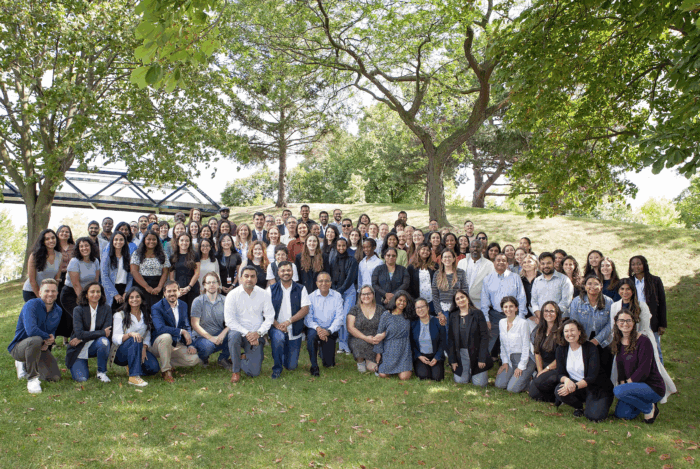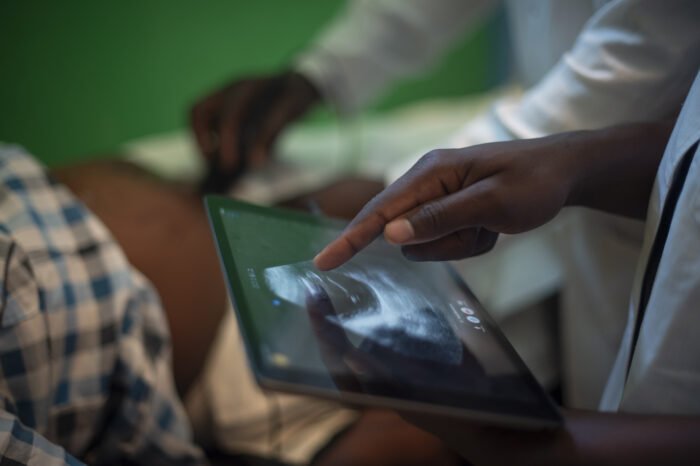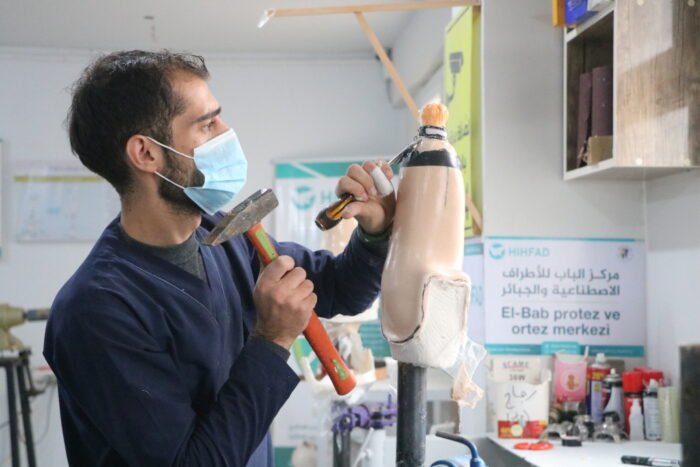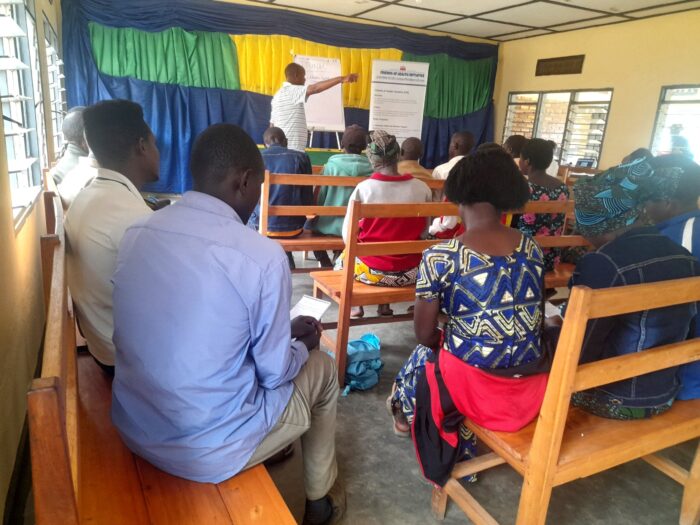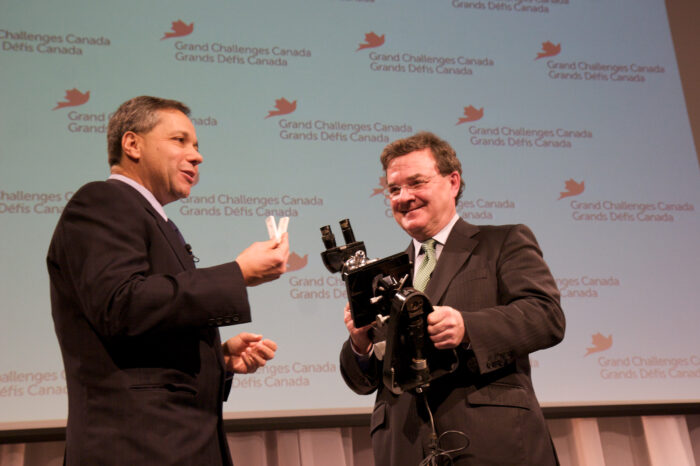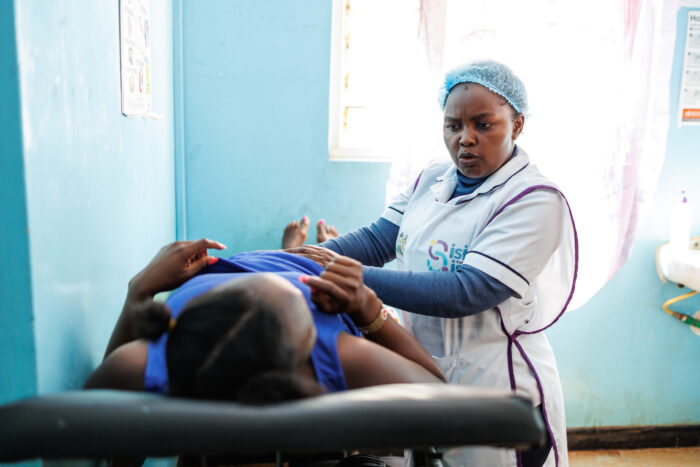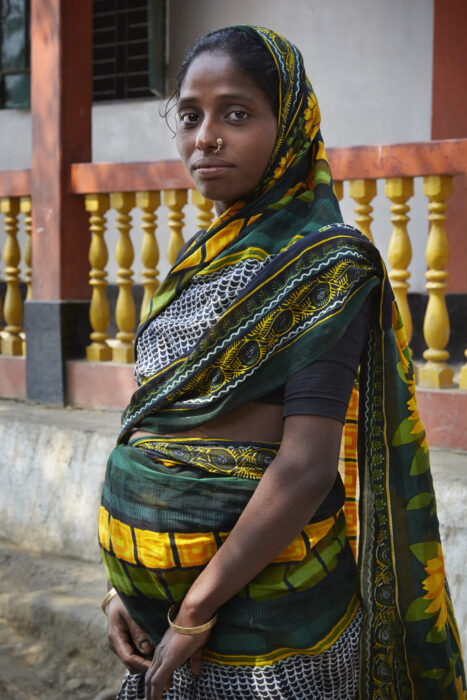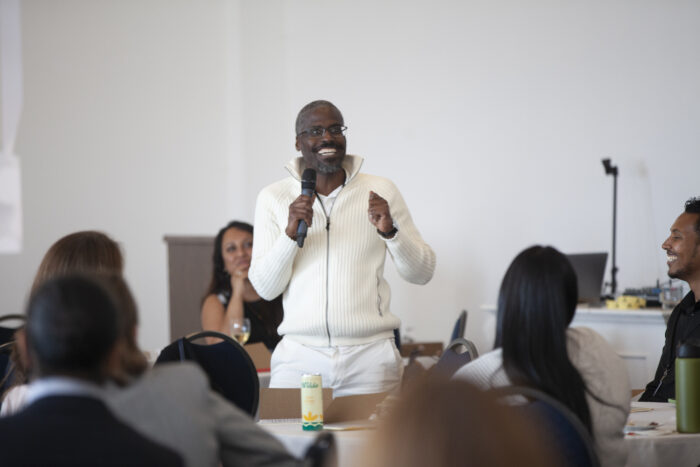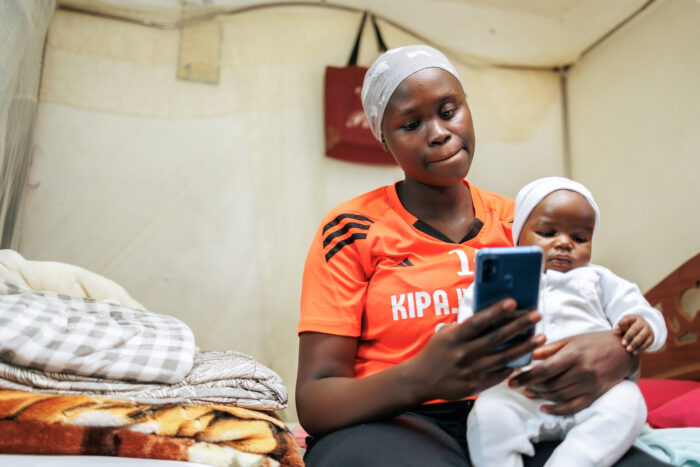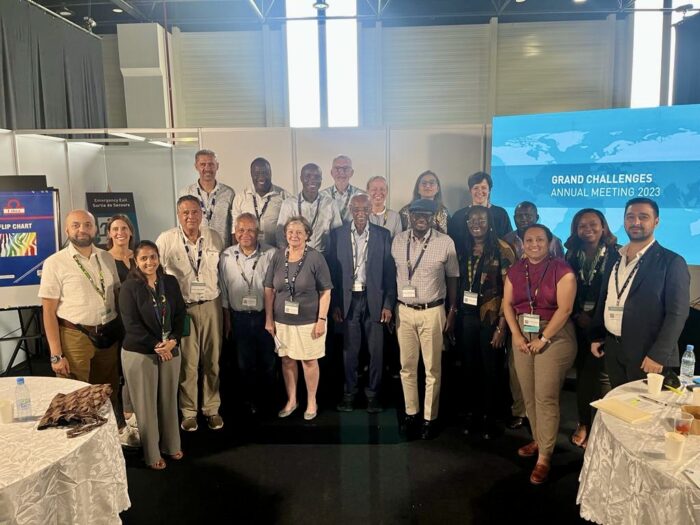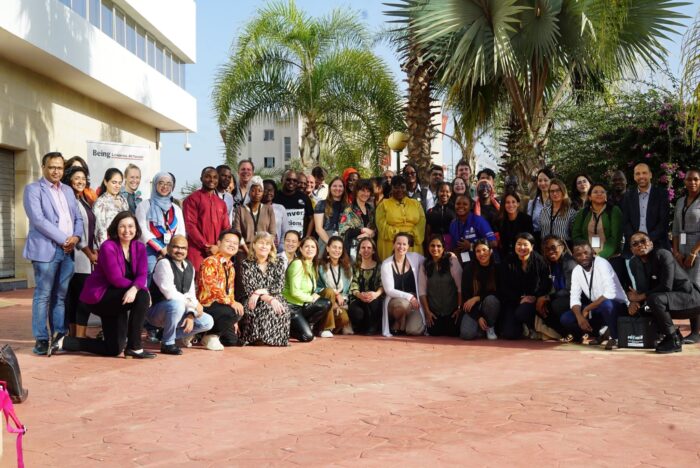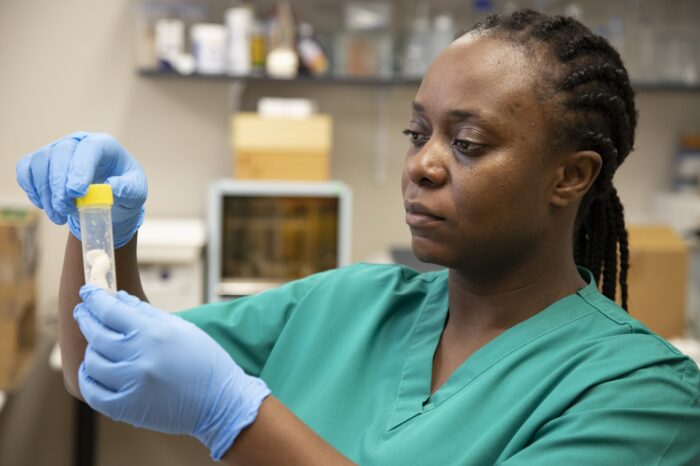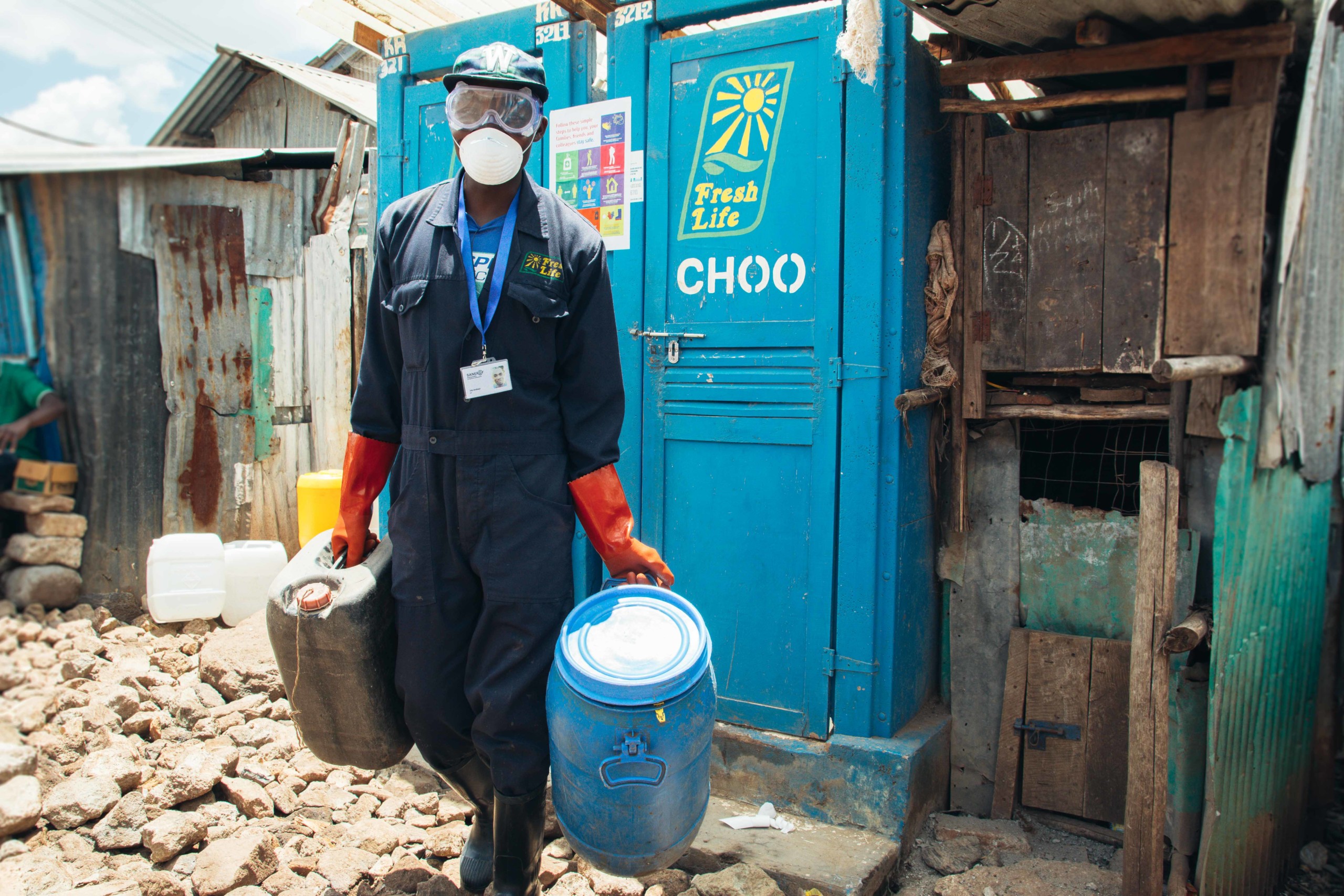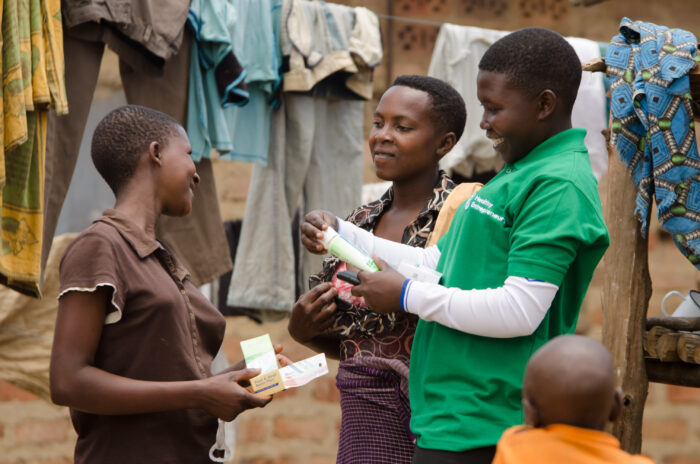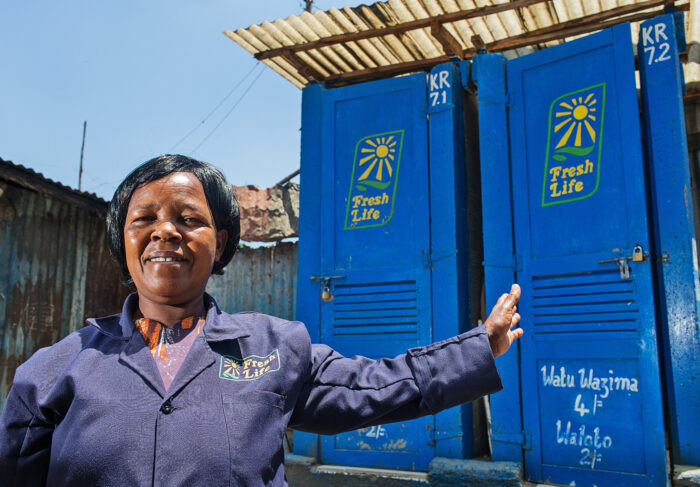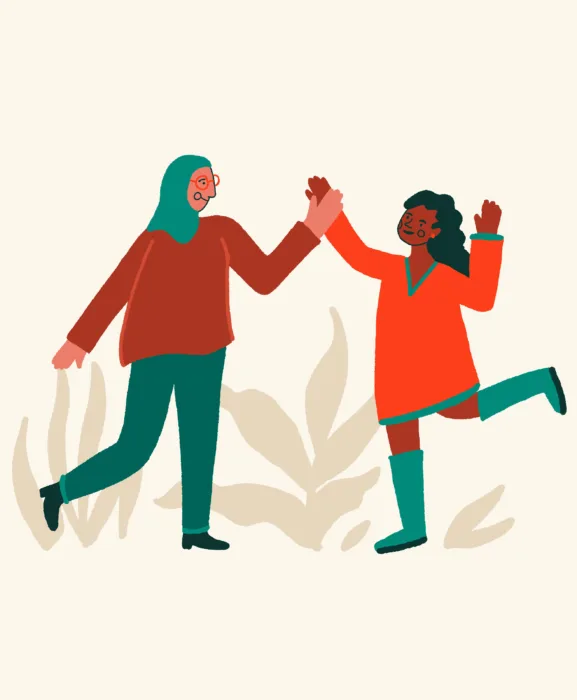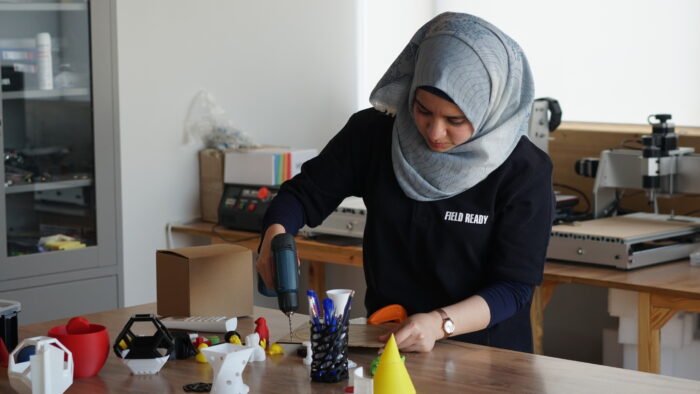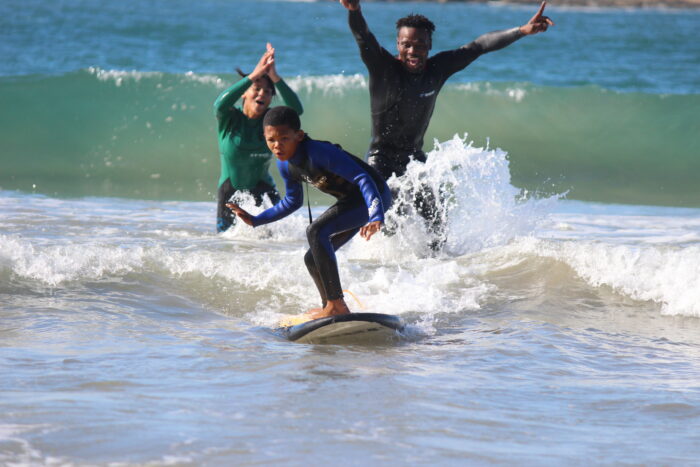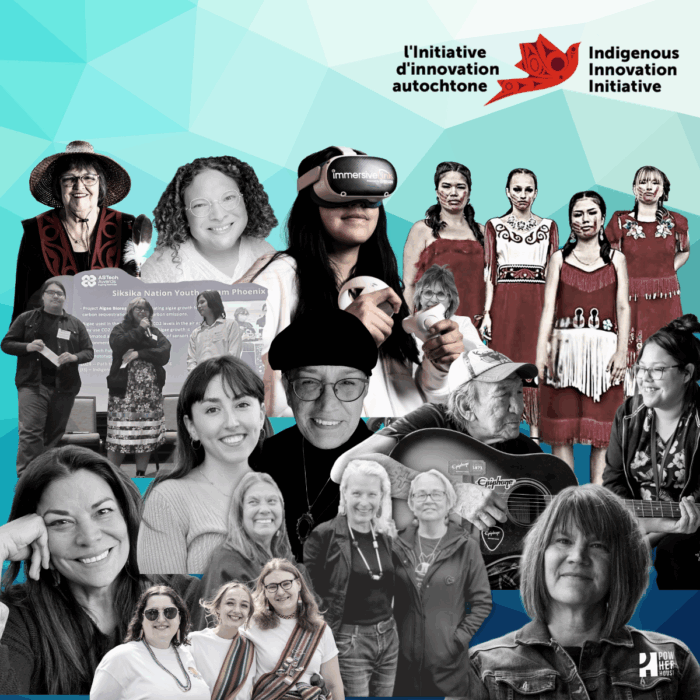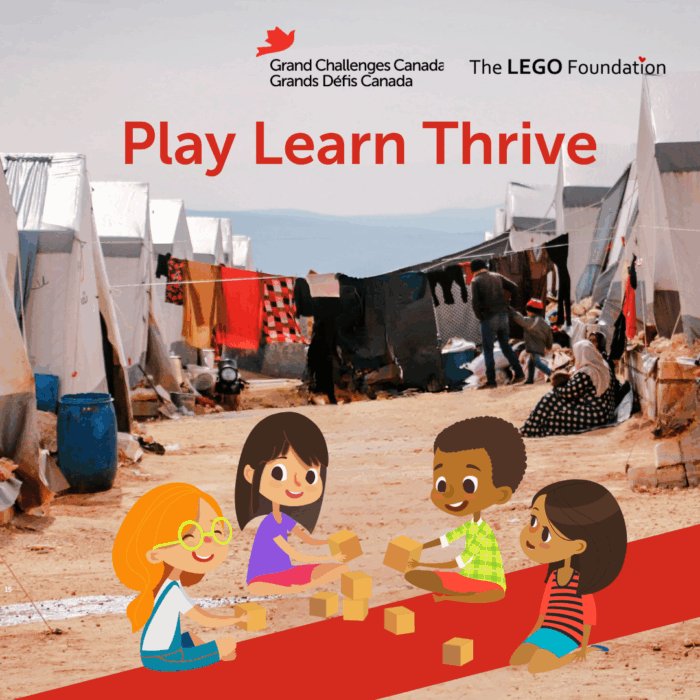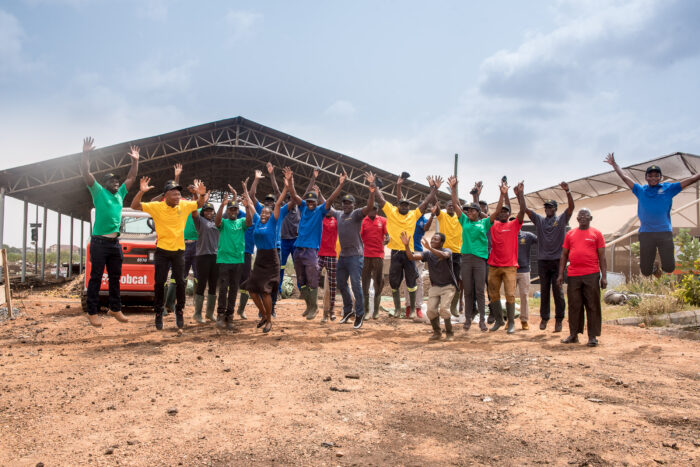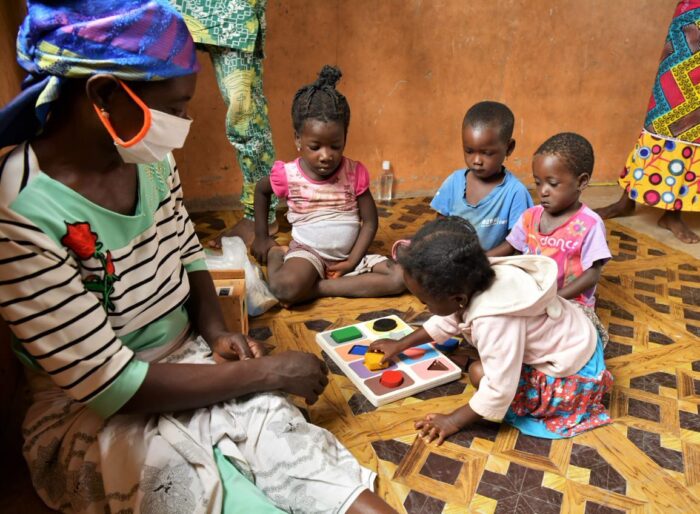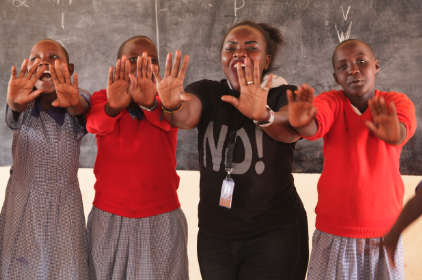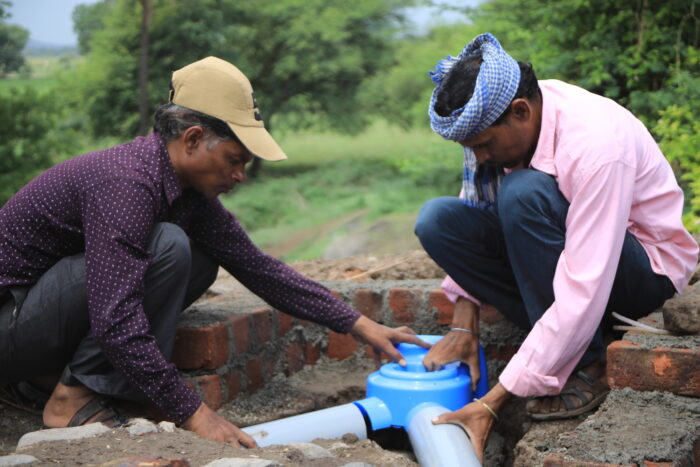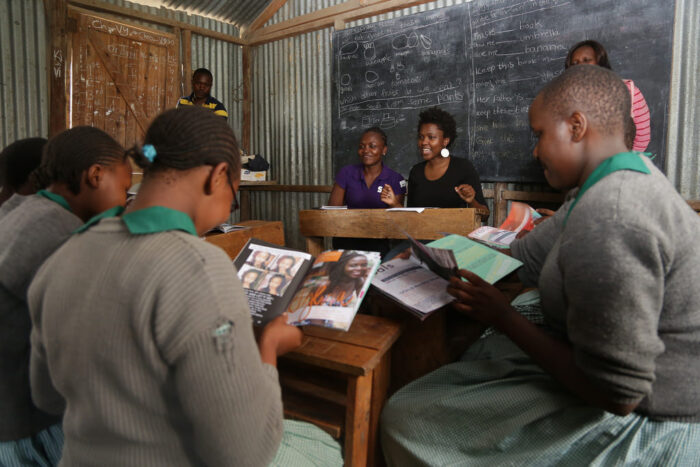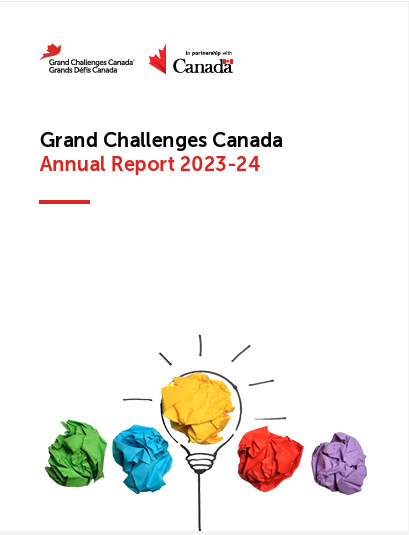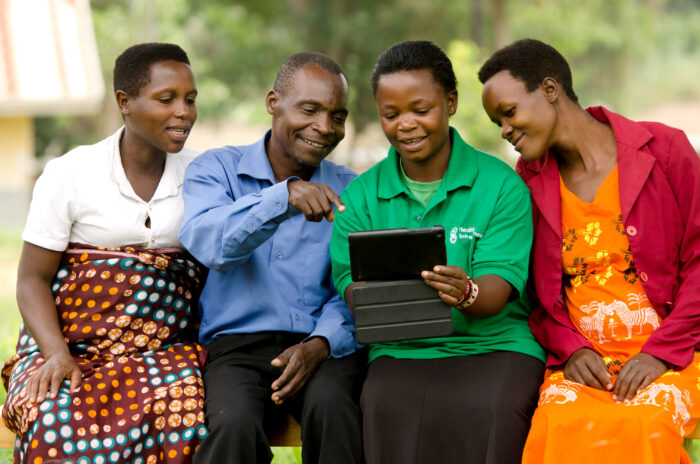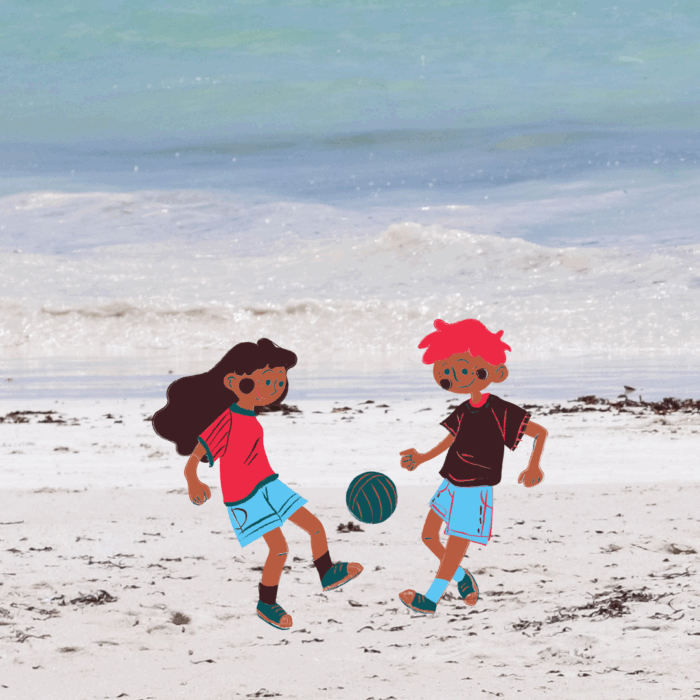By Gabriella Brent, Sanjana Janardhanan, Lindsay Tuthill, and James Radner
Humanitarian crises pose unprecedented threats to the safety, well-being, and future of children and families. In 2023, over 300 million people lived in crisis settings, the highest number since World War II. Amidst the devastation in Gaza, the turmoil across the Middle East, and persistent emergencies from Sudan to Ukraine and Colombia to Myanmar, one truth stands clear: Local organizations are frontline heroes in aiding children and families amidst conflict and forced displacement. Locally led teams, already immersed in their communities, have immediate access, unparalleled knowledge of the context, and the agility to meet needs as they emerge and pivot when necessary. They are not just the first responders; they are also the ones who remain long after the cameras have moved on.
Locally led responses across the globe have demonstrated the capacity to go beyond meeting basic needs like food and shelter and incorporate holistic care-e.g., mental health and social support —from the outset. Local groups can deliver this kind of care in community settings, in ways that fit the culture and are attuned to on-the-ground priorities.
In Ukraine, Nadia, a 34-year-old pregnant woman, fled with her 5-year-old daughter to a local shelter after witnessing an explosion that killed her sister-in-law. At the shelter, run by Foundation for Migrants, a refugee-led organization that provides trauma care and creates safe spaces for communities on the move, Nadia received support. Suffering from insomnia, fatigue, and deep emotional trauma, Nadia struggled with survivor’s guilt and uncertainty about her unborn child. Every day she worried about her husband, an active soldier. The team at the shelter offered her a safe place to stay and invited her to join a group using art and creativity as tools to heal and build resilience. These interventions helped Nadia regain her sleep, establish daily routines, and feel part of a caring community that understood her experiences. This enabled her to plan for her future and prepare for the birth of her child.
Nadia’s story contains critical lessons on how to deliver transformative care in crisis settings. First, local groups can effectively lead a humanitarian response. In a large and rapidly changing emergency, it is challenging to connect with and deliver tailored support to every individual and family. To reach everyone in need, global agencies should engage and fund community and refugee-led organizations.
Second, collaboration is essential to deliver community-based, culturally appropriate support to families impacted by humanitarian emergencies. No one group can do it alone. When the Ukraine war erupted, governments, citizens, and civic organizations at all levels sprang into action. They worked together to assess needs, pool resources, and respond. Amna, an international refugee-led organization, provided training and funding to local humanitarian responders such as the Foundation for Migrants and fostered local communities of practice for mutual support in delivering care. This collective response provided safe spaces for children and their families to engage in play-based, identity-informed healing activities like storytelling, rhythm, movement, and artwork to help them release their trauma and regain a sense of dignity and joy. To support effective responses across Ukraine, Amna collaborated with global networks such as the Moving Minds Alliance, the International Step by Step Association, the Early Childhood Action Network, and the Inter-agency Network for Education in Emergencies.
A new internationally funded initiative aiming to apply these lessons may serve as an example to learn from going forward. Grand Challenges Canada has intentionally taken a coalition approach with its child development work, having worked closely with a range of funders, partners, and local organizations to blend expertise, resources, and support to reach those who are closest to the problem. Its latest initiative, Inclusive Learning in Crisis Settings, is a partnership between Grand Challenges Canada, The LEGO Foundation, and Aga Khan University. The partnership will support locally-led, systems-focused innovations that provide quality early child development and education programs and services for children in Lebanon, Jordan, Kenya, and Uganda—countries hosting large numbers of displaced children and their families.
As the international community navigates the complexities of crisis settings, we must walk alongside those who know the terrain. We call on international organizations and aid agencies to design their delivery models afresh, by partnering with local responders from the start. Together we can build on existing examples and keep learning from each other. Ultimately, our strength lies in collaboration to develop thoughtful responses that support communities to heal from the trauma of conflict and displacement.
